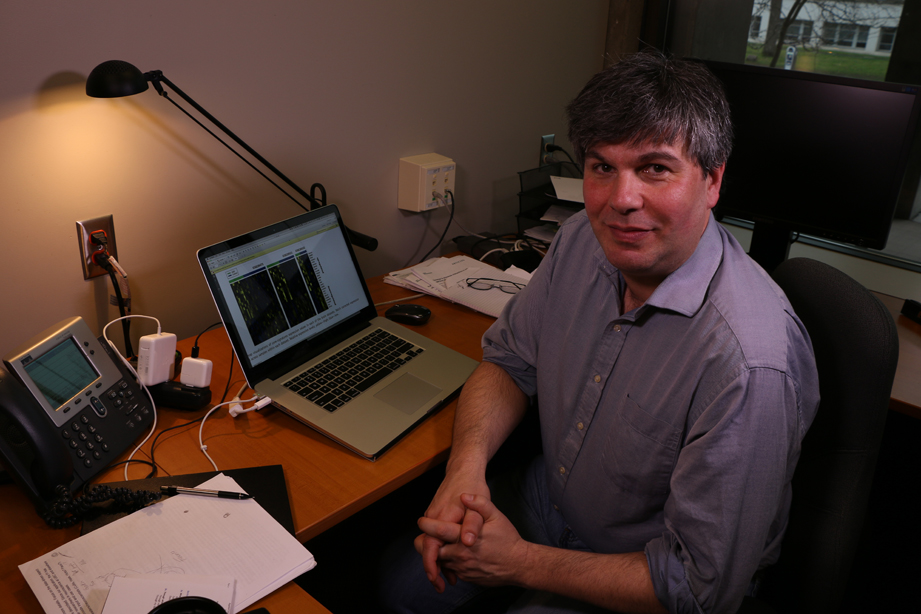The Neuroinformatics Core: Multimodal Neuroinformatics for the Study of Human Neurodevelopment
Project Category: Projects – Cycle II
January 5, 2021

Challenge
Researchers across the world have collected vast amounts of data relating to brain development, including information about genes and their expressions in cells, brain structure, electrical activity in the brain, behaviours, diagnosable disorders and more.
These data aren’t currently used to their full potential. There are algorithms, databases and software that allow scientists to examine one or two types of information at once. However, giving them the tools to draw links between many different kinds of information would help them to see a complete picture of how neurodevelopmental disabilities arise.
Project Summary
The neuroinformatics (NI) core that was funded by Kids Brain Health Network (KBHN) has been building web-based tools to integrate data about brain disorders (including different subtypes), genetics (including epigenetics) and brain architecture (cell types, structures, neural connections, etc.) Tentatively named “Neurocarta Hub,” this powerful tool will be available to researchers worldwide.
Results
So far, KBHN investigator Paul Pavlidis and his team have assembled a number of the components for the Neurocarta Hub. These include NeuroExpresso, a database that links types of brain cells to specific gene-expression profiles. It could allow researchers to see if the cellular composition of particular brain regions is different from the norm in people with neurodevelopmental disorders. It could also be useful for determining whether a set of gene variants associated with a particular diagnosis, such as autism spectrum disorder, is likely to affect certain cell types. The team went on to integrate NeuroExpresso with NeuroElectro. These are web applications that summarize the published data about the electrophysiological properties of different types of neurons. By adding these resources to those developed during the network’s first five years, the NI core got closer to its vision of answering more of the many neurodevelopmental questions that span multiple data modalities.
Funding
This project was part of the larger “Neuroinformatics Core.” This program was funded a total of $777,274 by the Kids Brain Health Network.